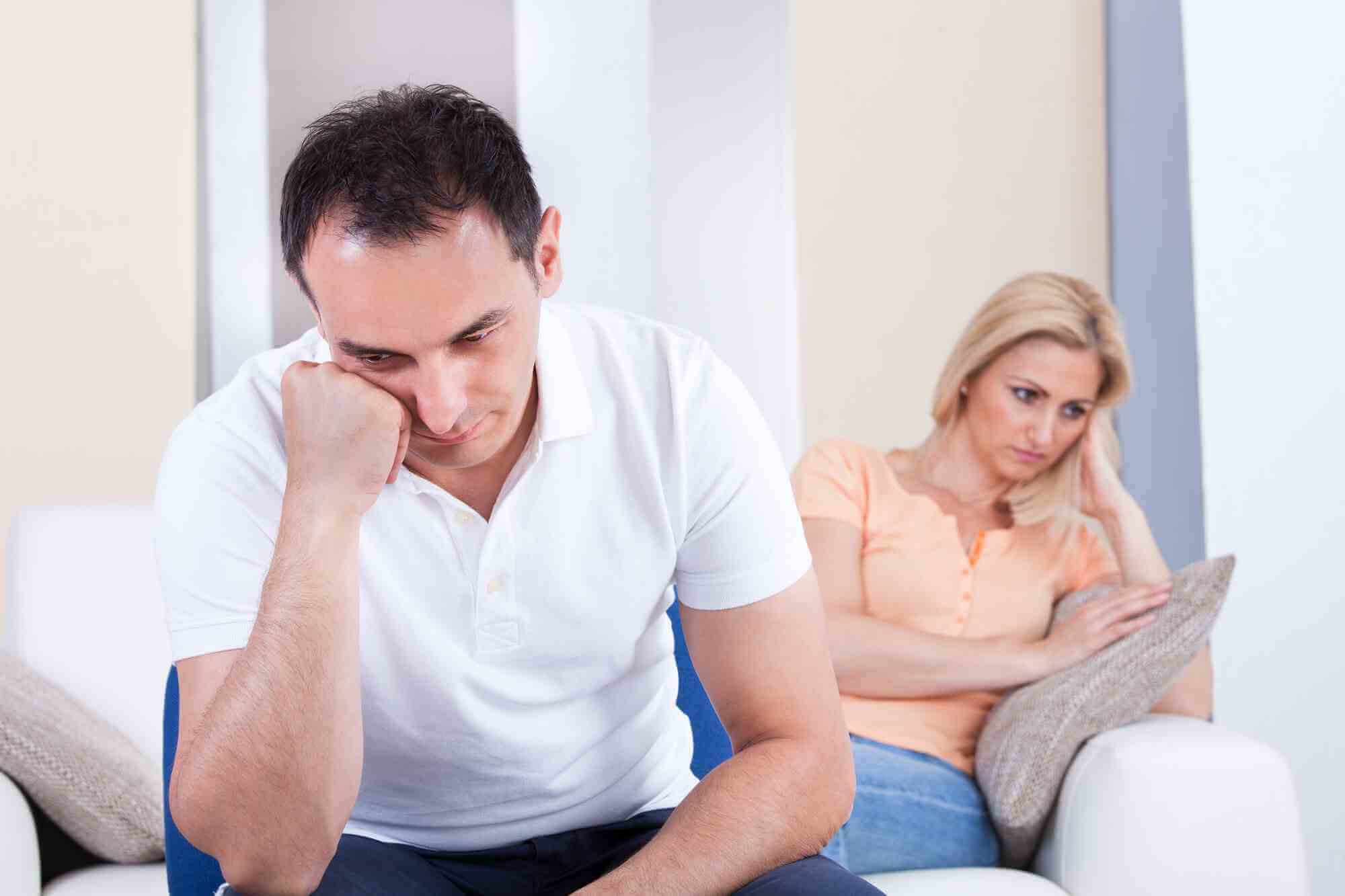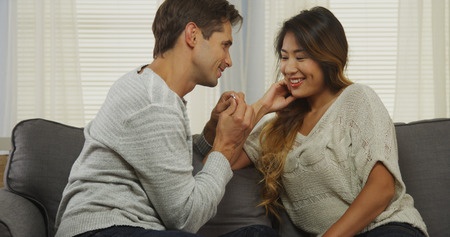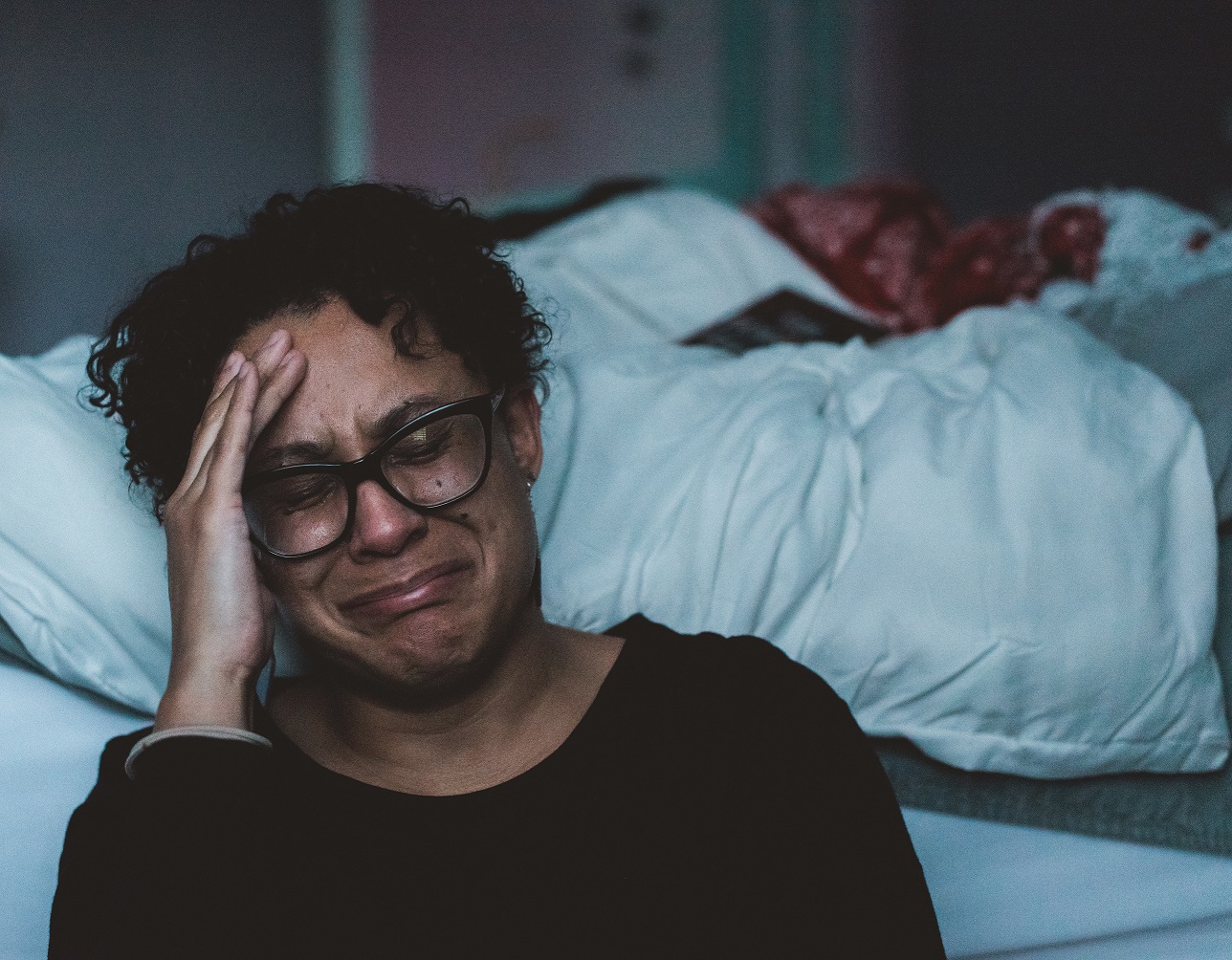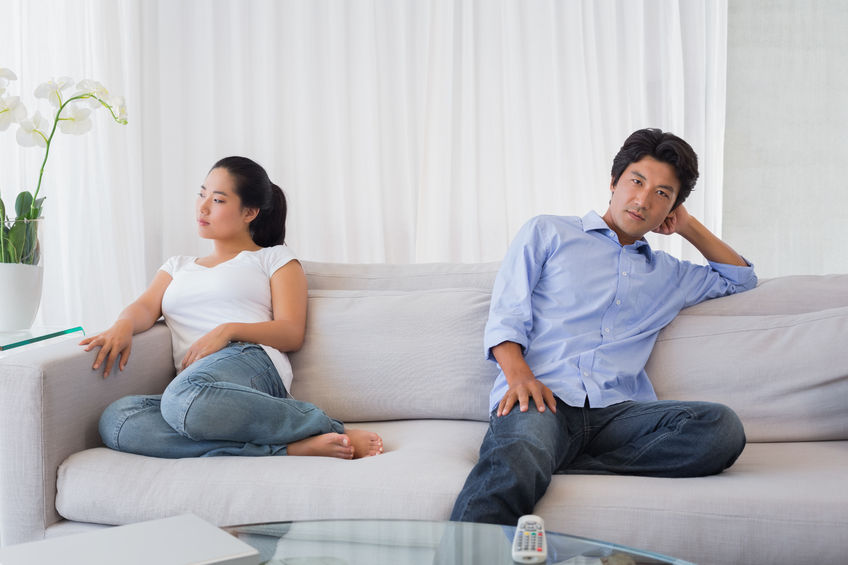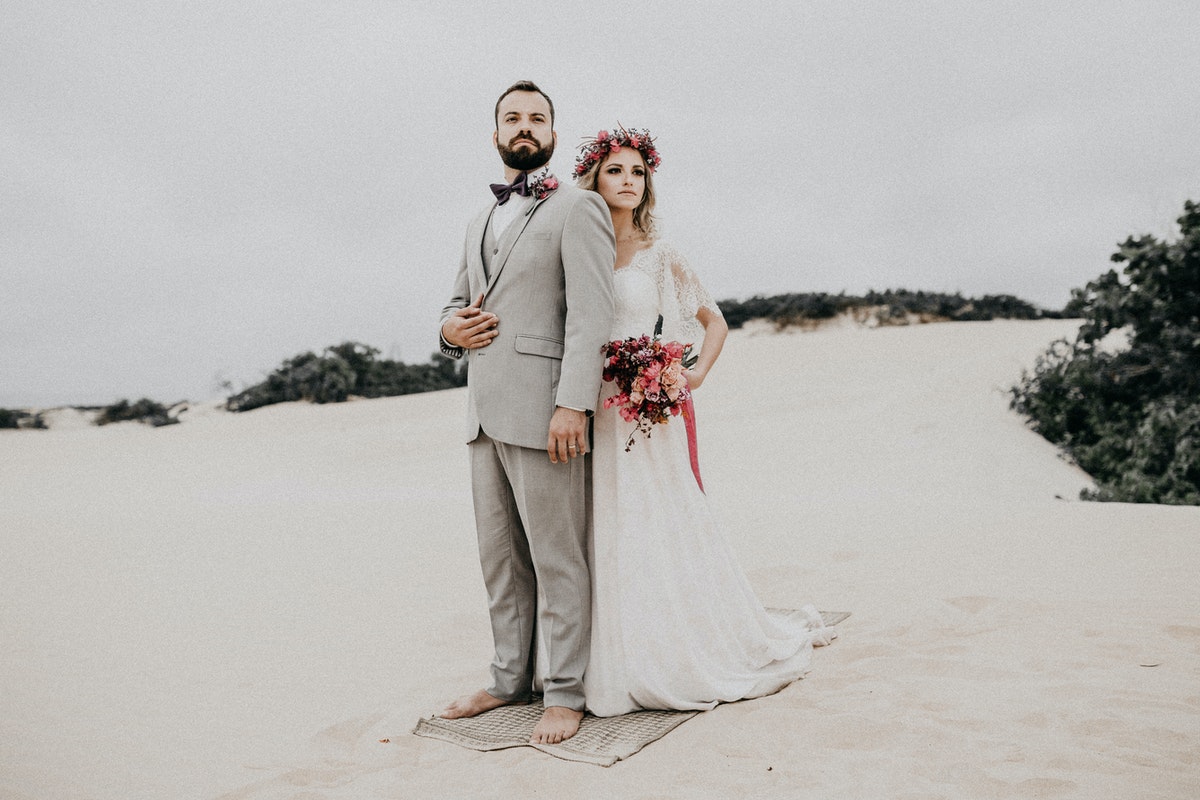Adults Recovering From Childhood Sexual Abuse
When you become ready to face the aftermath of childhood sexual abuse, you have begun a demanding journey towards life. You have already experienced one of the most isolating and confusing experiences any human can endure.
Whether the abusing person was a parent, step or grandparent, sibling, relative, babysitter, neighbor, or clergy, you have withstood a betrayal that no doubt has many aftershocks in your present life. Whether the abuse happened only once or many times, whether you were touched, fondled or penetrated, whether you were subject to unwanted conversation about sex or unwanted looks, you have been affected by this experience.
Your willingness to begin to make sense of that period of your life attests to the strength that you have. If you survived that period of your life, you can survive anything now as an adult. Understanding and caring support is what you did not have as a child. You can find it now. Just keep searching until you do.
At the time you no doubt experienced enormous bewilderment. You knew that something more was going on that did not feel right. You sensed that adult needs were being placed on you, which you probably did not understand. Children need a caring adult to help them make sense of things when something feels wrong, particularly when there is physical or psychological pain involved. A parent can help a child face the pain of needed medical treatment. But instead of openly being able to talk about your experiences, you were probably told that this was to be a secret that would be just between you and the abusing parent or adult.
You at times may have felt that you had a special relationship with the adult that made others. You may have sensed that you were be given favors that others were not getting. There may have been times when you appreciated the attention or even some of the sensuous tough. Many times the abusive one may have been also a person who was nurturing in spite of the abuse. This probably left you with a sense of feeling split.
Perhaps you were treated differently when the sexual abuse was happening and when you were not the object of this particular kind of attention. As a result you felt like you were dealing with two different persons, only it was the same person. You may have known that your abusing parent could not dealt with what they were doing and have tried to blame it on you as if you were responsible for it. Remember you do not have to feel guilty or ashamed about anything that happened or that you felt .
If you tried to talk to your other parent or others about the abuse, you may have found their response very upsetting. You may have been told that something like this could not possibly be happening. Or you may have been accused of somehow being the cause of what was happening. So even though you wanted and needed protection, you may have felt that people continued to deny what you were going through.
On the other hand you may have been afraid of others reaction and so told no one. So you may have found yourself feeling that you were living with a secret that was more than you could bear. You may have felt that if anyone found out, you would be made to feel like the most awful person in the world. It may have been quite distracting for you. You may have even been threatened if you revealed the secret. You may have felt unable to pay attention at school and have had difficulty studying.
All of this may have left you feeling quite depressed. You may have withdrawn from friendships feeling like you were so different from anyone else. Usually such experiences may have made sleep difficult because you never knew when advances by the abusing person might awaken you.
One of the most important things for you to understand is that you do not have to be ashamed by what happened. You have experienced a profound betrayal that no child should have to go through. You needed the protection of parents who kept you from being exposed to adult sexual needs. You were deprived of the support of people to turn to in order to understand what had happened.
You are probably reading this as you attempt to come to grips with the fallout from your childhood. You may know that you have had trouble getting close to a partner feeling that you could not trust them. You may find that the people that you are getting close to are turning out to be abusive in similar ways.
As you attempt to enjoy intimacy and love with a partner, you experience problems that you had not anticipated. You may start feeling close and then feel great anxiety that makes you want to run. You may find yourself re-experiencing some of memories of what you went through during the abuse. Right in the middle of beginning to enjoy sexual closeness you may find yourself having flashbacks. You may discover that suddenly you simply cannot continue any sexual activity.
It will be helpful to you understand how these problems develop. As you begin to feel close to a partner, you may feel something is wrong. You have begun to experience a partner and yourself like the abusive relationship of your childhood. So if you grew up close to a parent who then would suddenly demand things from you that you felt guilty about, you will often slip into that experience of your partner. If you had an abusive relationship in childhood, even though you have chosen your partner carefully, you may find yourself projecting onto your partner a feeling of being used. You may doubt that your partner really cares about your needs. You may fear that your partner will suddenly lose a sense of you as a person and just be taken over by sexual feelings that have nothing to do with you.
You must know that such reactions are normal to such childhood trauma. You are having normal reactions that almost anyone who has gone through similar experiences would have. You deserve much support and understanding. Hopefully you have someone who has gotten close to you because they cared and you realized this. If so, you may want that person to understand the full meaning of all that has happened to you. You will no doubt want them to be free to hold you and reassure you when memories or strong flashbacks happen.
If you have gotten close to a person who is abusive as well, you may find yourself knowing you should get out of the relationship. Yet, you may have trouble setting boundaries or limits. You may feel dependent upon this person because of children or because you feel psychologically vulnerable. You may have lost so much self-esteem in the present relationship that you are literally too depressed to leave.
Many times even a caring partner will have trouble understanding what is going on. He or she may feel that somehow you are making too much of it. You can help by letting them know that you are making so much of it because you went through this as a childhood and it’s still imprinted in your body. Your partner needs to understand that they are doing nothing wrong but recover from the flashback. Just as soldiers experience a flooding of memories from the battlefields, you are being inundated by moments from your childhood experiences. Teaching them to what works for you at such times can help them feel connected and moved, as long as they know what to do to care about you.
If you continue to experience relationship difficulties, (and most adults who have had abusive experiences do), you may want to spend some time with a psychotherapist or a relationship counselor to help you or both of you work through the impact of these childhood experiences. As you begin such work you may feel like simply a survivor of abuse, but your work can lead to a true appreciation of your own strengths. You can come to admire the incredible self you are as someone who has developed compassion for all that your inner child experienced. The bond that you build with your partner can only increase as you work through these challenges together. You can come to know a level of deep intimacy that comes from acknowledging your vulnerability and the freedom to reach out for help.
You may wonder if you should forgive the abusive person. You may not be able to. You will certainly want to work first on the impact of the childhood experiences on your present life in relationships. It my help you to know that forgiveness may comes as you master the impact of these your childhood experiences. This will help you to regain your self-esteem and to develop intimacy with a partner. This may be a long and arduous journey.
Remember no one has the right to demand your forgiveness. You may continue to feel deep hurt at the betrayal and its impact on your present life. However, if you do reach a point where you feel the freedom to forgive, this will indicate that you have moved beyond experience yourself as victimized by your experiences. Now you can see yourself no longer as someone who has been victimized but as someone who had found new life beyond the effects of your childhood trauma.
If you are just beginning that journey, do reach out for support. Do not rest until you find someone who appreciates your pain. You will discover that you are not alone in having gone though such abuse. Finding a support group or a therapist that understands the healing process will provide immeasurable comfort. Below are listed some websites that could be useful to you.




